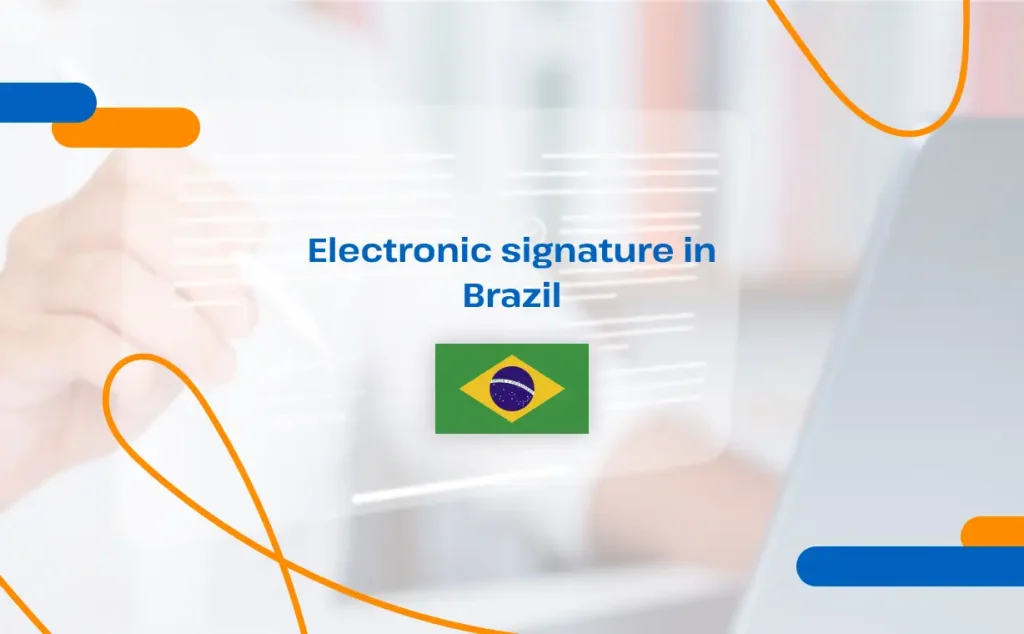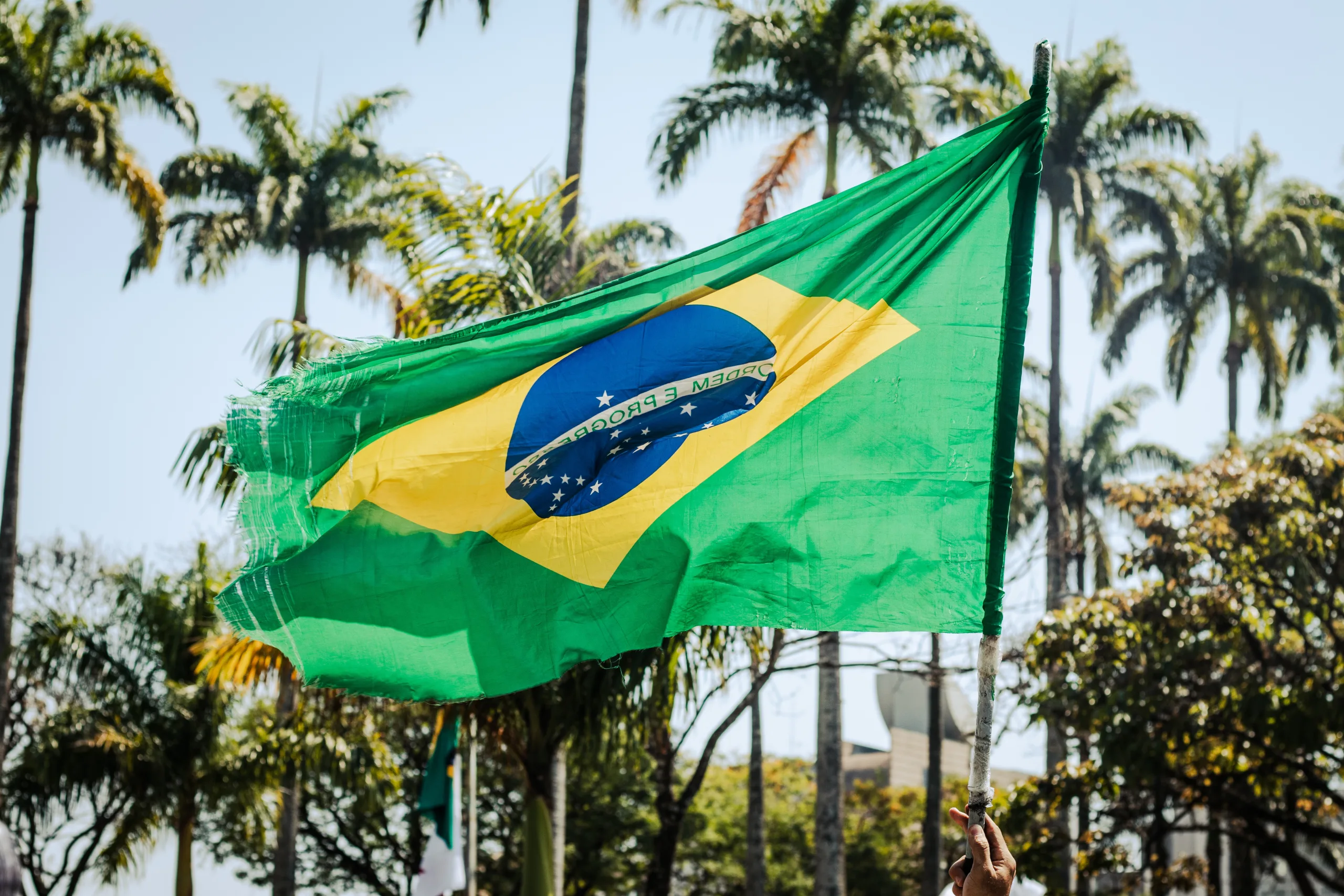
Updated in September 2023
Electronic signatures in Brazil are regulated based on Decree-Laws 3,996 of 2001 and 4,414 of 2002. In Brazil, the digital signature is recognized as valid as long as it has been certified by IPC-Brazil (Brazilian Public Key Infrastructure), or by another PKI agreed upon by the parties. This law considers the equivalent of the advanced electronic signature, being fully valid; however, it does not contemplate the simple electronic signature.
Key Points about Electronic Signature in Brazil
The mentioned regulations are characterized by governing the provision of digital certification services and electronic signatures. Brazilian citizens can adhere to this law if they wish to enter into contracts and other legal acts. This law considers the equivalent of the advanced electronic signature, being fully valid; however, the simple electronic signature is not contemplated.
Updates on Electronic Signature in Brazil
Currently, Brazil is working on the effective mass adoption of electronic signatures in the country. Proof of this is the approval, in recent years, of different laws aimed at regulating electronic signature in Brazil:
- In 2016, companies with more than 5 employees were required to use digital signatures to sign, transfer, and archive electronic documents, including tax and labor declarations for the Federal Government’s electronic billing program.
- Law 14,063/20 (2020): With new regulations on the subject, it expands the list of documents that can be electronically validated. It also includes the adoption of electronic signatures in interactions with public entities, such as software licenses and health-related matters.
Another significant addition to this law is the shift from the recognition of a single type of electronic signature to the distinction between three types: qualified, advanced, and simple electronic signatures. The hierarchical order is as follows:
a. Qualified Signature: Guaranteed by ICP-Brazil certificates.
b. Advanced Electronic Signature: Guaranteed by a certificate with technical characteristics, such as ICPEdu personal certificates. These certificates have legal validity, can be used as evidence, and are enforceable against third parties.
c. Simple Signature.

Viafirma is a registered trademark in Brazil
If you are looking for a document signing solution in Brazil, we have the solution that fits your needs at Viafirma. Contact us, and we will provide you with information about our electronic signature products and solutions.